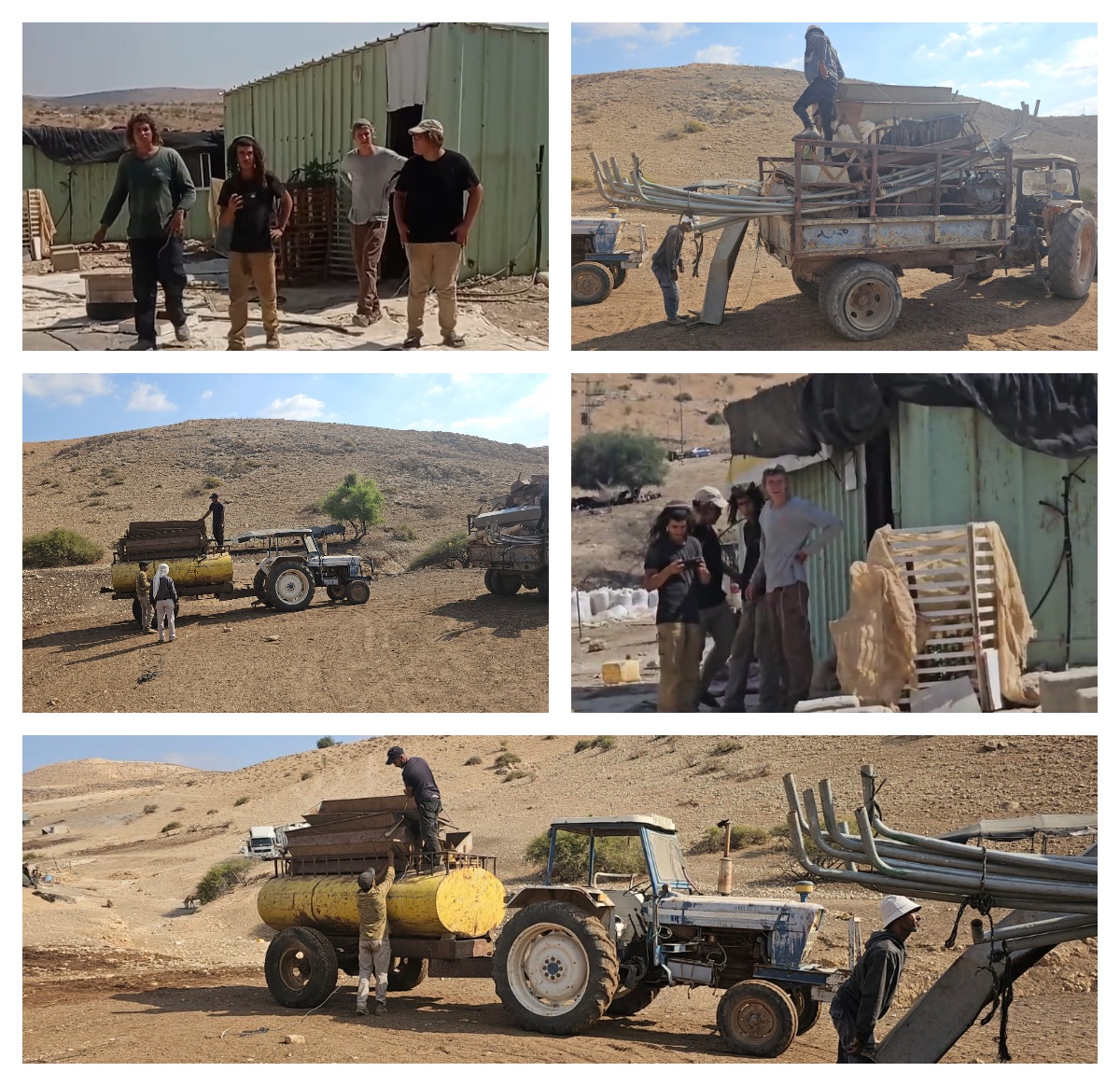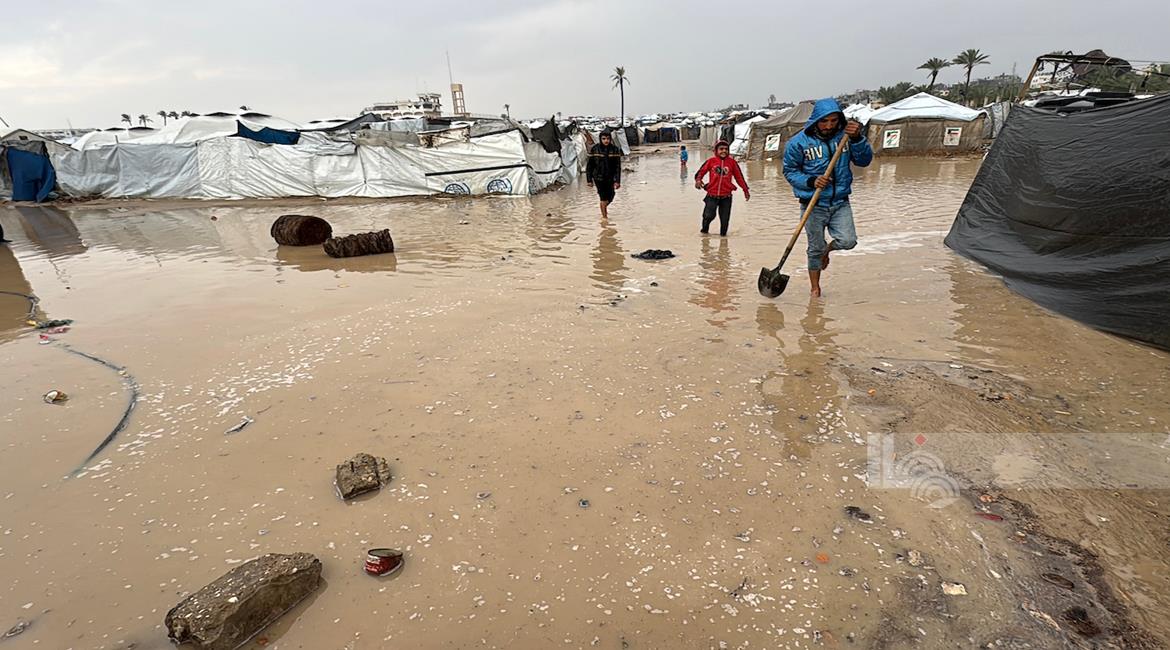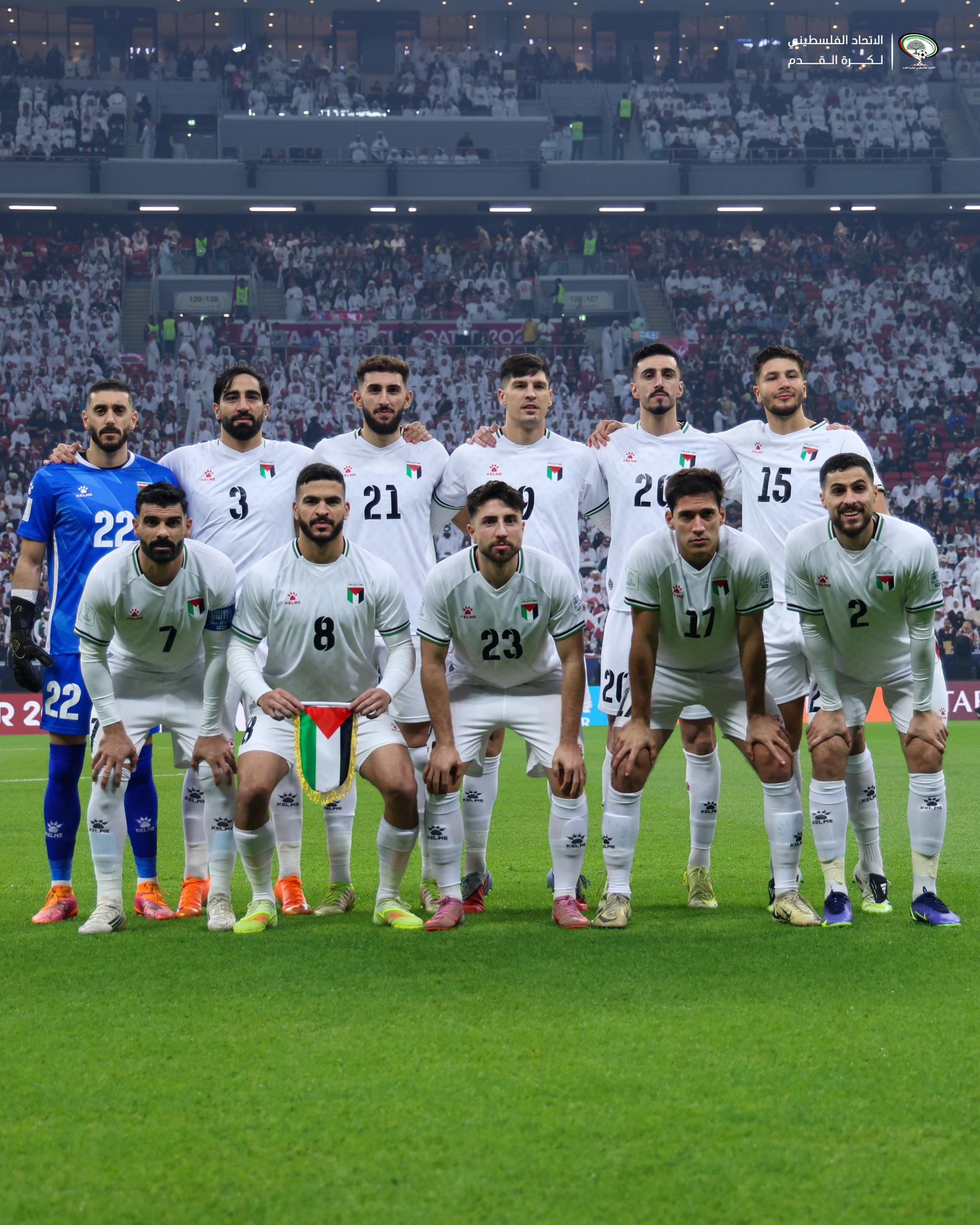By Israa Ghourani
JORDAN VALLEY, Saturday, August 24, 2024 (WAFA) — Nestled in the northern Jordan Valley, the small Palestinian community of Um al-Jamal has faced a harrowing reality over the past week. The community, once home to 72 families, now stands deserted as the last 14 families were forcibly displaced under the threat and terror of colonist violence.
For years, the residents of Um al-Jamal, like many in the northern Jordan Valley, have endured relentless efforts by Israeli authorities to expel them from their lands. These efforts included obstructing their livelihoods by closing pastures, denying access to water sources, and prohibiting construction. However, recent weeks have seen a dramatic escalation in violence, pushing the residents to the brink.
The emergence of a new colonist outpost on the land surrounding Um al-Jamal has marked a new chapter in the community's suffering. This outpost, primarily a pastoral settlement, has intensified attacks on the residents and their properties, transforming their daily existence into a nightmare.
A dire exodus
On a recent Friday, Abu Hamad, a resident of Um al-Jamal, recounted the harrowing experience of uprooting his family. “We had to dismantle our tents and livestock pens and relocate a few kilometers away, near the village of Tayaseer east of Tubas,” he told WAFA. Despite years of fighting to remain on their land, Abu Hamad and his family were forced to leave due to the escalating threats from colonists.
He lamented, “The Israeli occupation has tried every possible means to force us off our land over the past decade. But what we’re facing now is beyond anything we’ve experienced before. The colonists' violence has reached new heights with the establishment of this outpost.”
Abu Hamad expressed deep regret and fear for the future, noting that the establishment of a colonist outpost nearby effectively seals the fate of their land, preventing any possibility of return. The presence of this outpost near their former home makes it virtually impossible for them to reclaim their land in the future, further exacerbating their displacement.
Rising tensions and displacement
The plight of Um al-Jamal is not an isolated case. The United Nations Office for the Coordination of Humanitarian Affairs (OCHA) reported earlier this month that since October 7, around 255 Palestinian families, totaling 1,500 individuals, including 720 children, have been displaced due to colonist violence and access restrictions.
The Wall and Settlement Resistance Commission has documented the displacement of 27 communities in the West Bank since the start of the Israeli aggression on Gaza in October 2023. This figure represents a significant increase compared to previous years, highlighting a troubling trend of accelerated displacement under the guise of colonist expansion.
Systematic displacement
Mahdi Daraghmeh, head of the Council of al-Malih and Bedouin communities, explained that Um al-Jamal, like other communities in the northern Jordan Valley, has been subjected to long-standing Israeli policies aimed at displacing its residents. The Israeli authorities have consistently created a hostile environment by restricting access to resources and supporting colonist violence.
“The Israeli authorities have seized most of the northern Jordan Valley lands and closed vast areas of pastures. They also control the water sources, which are essential for the livelihoods of these communities,” Daraghmeh reported to WAFA. He added that recent years have seen an increase in the appropriation of remaining pastures under the pretext of creating “nature reserves” and “state lands,” which are merely pretexts to facilitate land grabs and prevent Palestinians from accessing their traditional lands.
The role of colonists
According to B'Tselem, an Israeli human rights group, Israel controls approximately 85% of the northern Jordan Valley and the Dead Sea area, exploiting these lands for its own needs while denying Palestinians the right to live, build, graze, and farm there.
Colonists have increasingly targeted remaining water sources, with recent years seeing them seize crucial springs that were lifelines for many communities. The Israeli authorities have systematically supported colonist actions, allowing them to use violence and intimidation to drive Palestinians away and take over valuable land and resources.
Community's resilience
Um al-Jamal’s story is a stark representation of the broader struggle faced by Palestinian communities in the Jordan Valley. With its 3,700 dunams of land, comprising 40% agricultural and 60% pastoral, the community had been a vibrant, enduring presence. However, aggressive colonist expansion and systematic displacement efforts have decimated its population.
The recent displacement of Um al-Jamal’s remaining families marks another tragic chapter in the ongoing suffering, where Israel’s establishment of new outposts and colonist violence continue to threaten the existence of Palestinian communities.
--
M.N













